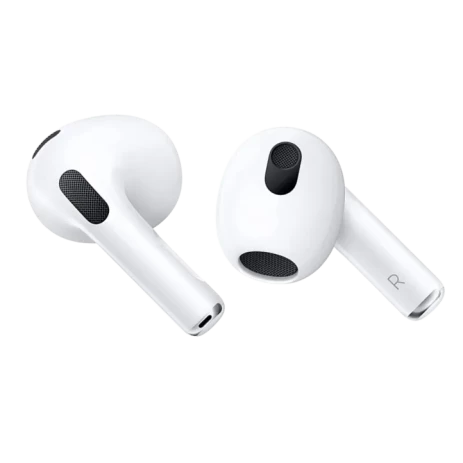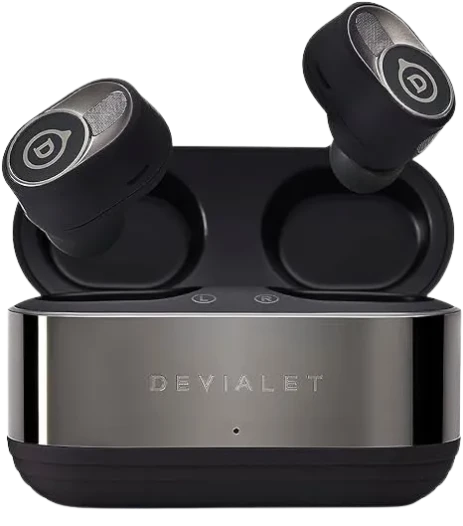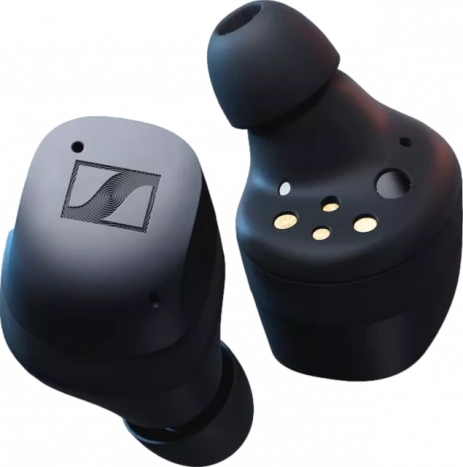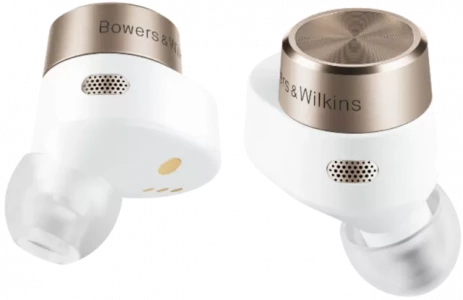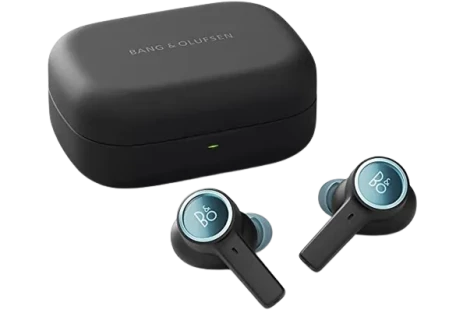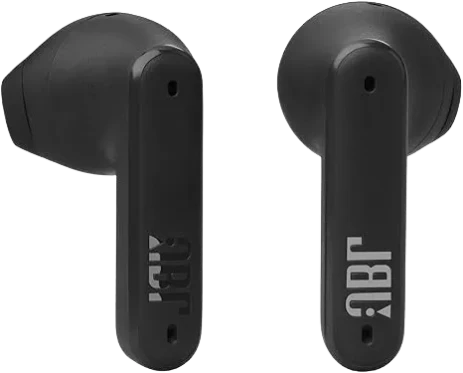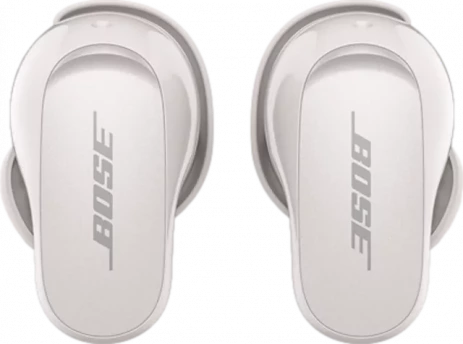Ingress Protection (Ip) Rating
Ingress protection ratings is the rating of protection given by an enclosure, against solids and liquids. In the format of IPXX, 'X' represents a number The first value represents protection against solids such as dust, while the second refers to resistance against liquids (water).
Scoring IPX4, the Sony LinkBuds S's rating is read as, the first value of X denotes that no data available to specify a protection rating, and of liquids that they can withstand low pressure spray similar to that of a shower head when tilted at 180° for 10 minutes.
Weight
Sony LinkBuds S have a weight of 9.6g . We prefer a lower weight better because lighter devices are more comfortable to move with.
Has No Wires Or Cables
For a device to be true wireless it must have no wires connecting any part of the device together, Sony LinkBuds S are true wireless for this matter since they don't have wires. This is a key distinction as some wireless earbuds have wires connecting the two earbuds .
Sweat Resistance
Sony LinkBuds S are resistant to sweat
Has Stereo Speakers
Sony LinkBuds S have stereo speakers, what this means is that Sony LinkBuds S's speakers deliver sound from independent channels on both left and right sides, this creates a richer sound and a better listening experience.
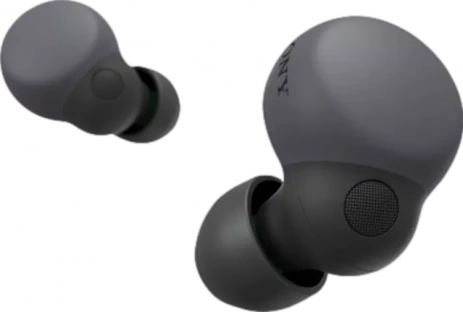
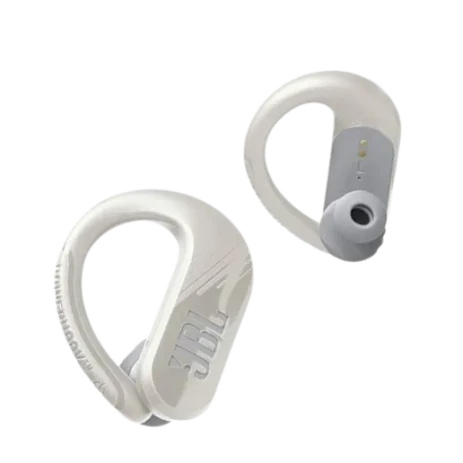 Jbl Endurance Peak 3 Vs. Sony Linkbuds S Review
Jbl Endurance Peak 3 Vs. Sony Linkbuds S Review
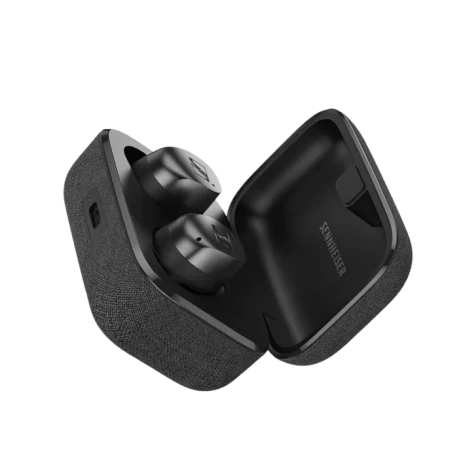 Sennheiser Momentum True Wireless 4 Vs. Sony Linkbuds S Review
Sennheiser Momentum True Wireless 4 Vs. Sony Linkbuds S Review
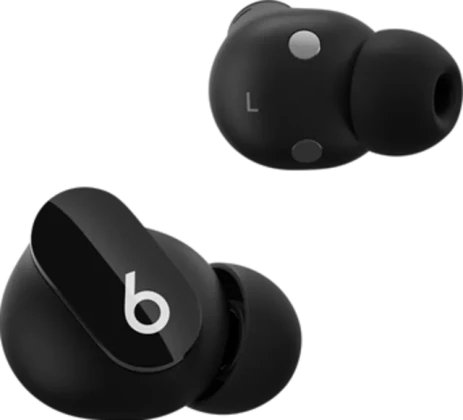
_1671835316.webp)
